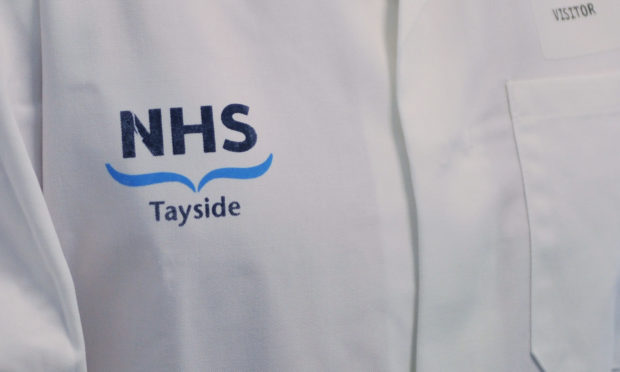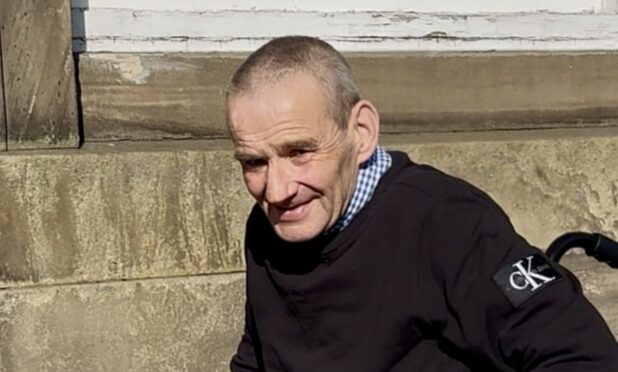NHS Tayside has apologised for failing to stop a teenage patient taking razor blades into a mental health unit.
The Scottish Public Services Ombudsman (SPSO) investigated a complaint from the patient’s family, and ruled that the teen had not been properly searched when they were admitted to the acute unit.
In its findings published this week, the SPSO said the unidentified teenager – named in the report as patient A – called home the day after they were admitted to the unit.
Patient A said they had razor blades and intended to self-harm.
The family contacted the ward and staff visited the patient and took away the blades.
The next day, the teenager phoned home again and said they had left the ward. The police were contacted and patient A was later returned to the unit, before being transferred to another site.
A parent of the teenager complained that they had not been searched properly, or reasonably assessed, on their arrival at the ward.
According to the SPSO report: “The board told (the parent) that the routine risk assessment at admission had shown no indication that (the patient) was at risk of absconding, and this led to the decision not to lock the ward door.
“They also said that a check of the patient’s belongings when they were admitted had led to razor blades being taken from their possession. The parent was dissatisfied with the board’s response and brought the complaint to us”.
A SPSO spokesman said: “We took independent advice from a mental health nurse. We found that the patient had not been properly searched upon their arrival, that it was unreasonable that the board had not carried out a medical, nursing or joint assessment on the day of A’s admission and that the standard of assessment and care-planning at the point of admission fell significantly below professionals expectations.”
The ombudsman upheld the complaint and told NHS Tayside to say sorry to patient A. The SPSO also called for “the belongings of patients assessed as being at imminent risk of harm to self or others are checked for the presence of harmful objects or substances.”
An NHS Tayside spokeswoman said: “We have apologised to the patient and addressed all of the recommendations made in the decision report.”










